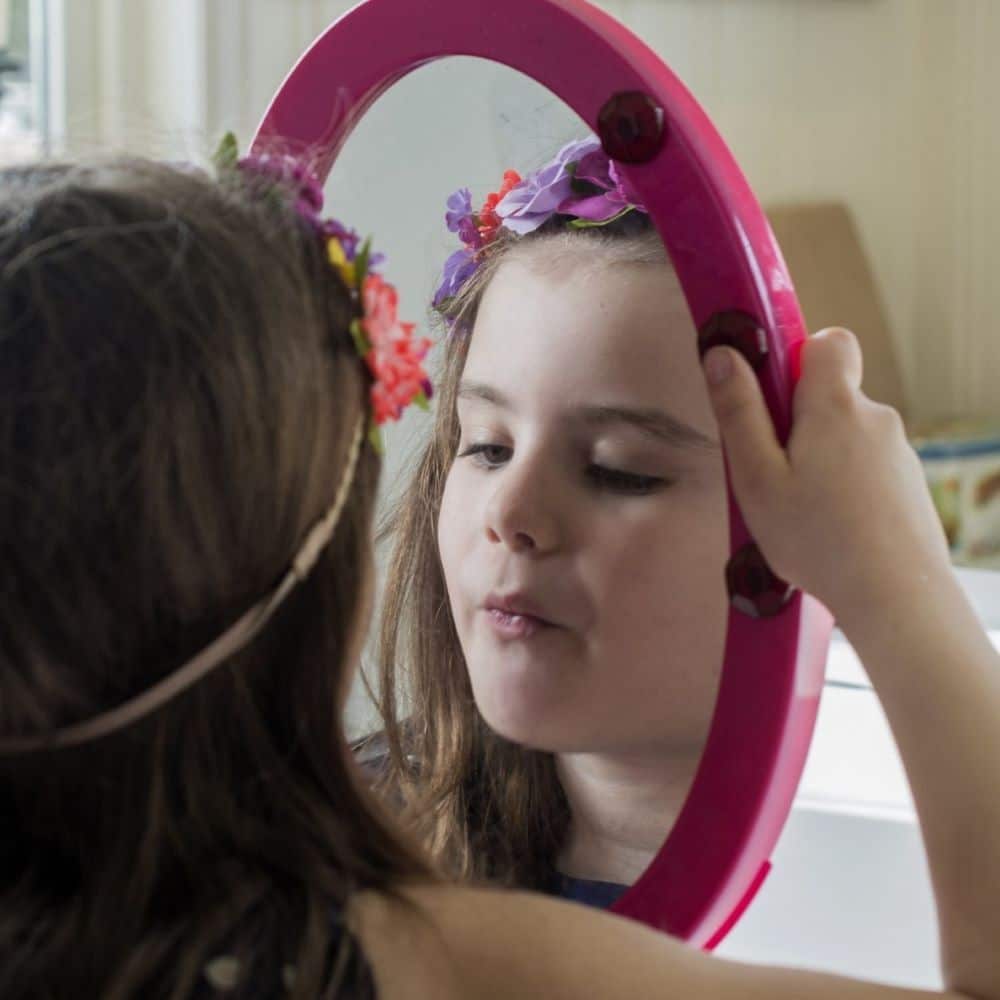Self-Validation Looks Like…
Validation is an essential part of feeling accepted and understood by others. The problem is that we cannot always get validation from others. As a result, knowing how to validate yourself is crucial.
Self-validation involves acknowledging and accepting your strengths, achievements, positive attributes and emotions. It also includes knowing that having imperfections and making mistakes does not take away from your worth or value.
Praising yourself, having your feelings validated, being told you did a good job, and being appreciated feels good.
However, the reliance on external validation can lead to anxiety or depression. When we lack self-confidence, we are prone to making more errors and losing concentration. Because we place so much weight on other people’s opinions, disapproval and criticism can be particularly painful.
In order to feel good, we can’t rely on others. If we do this, we are allowing others to determine our worth. As a result, we don’t trust our own judgments, feelings, or thoughts; we assume others have more knowledge than we do and that their opinions are more important.
Validations by external parties should complement self-validation, not replace it.
Self-validation includes:
💗 Encouraging yourself
💗Acknowledging your strengths, successes, progress, and effort
💗Noticing and accepting your feelings
💗Prioritizing your needs
💗Treating yourself with kindness
💗Saying nice things to yourself
💗Accepting your limitations, flaws, and mistakes
Here’s an example of how it can work:
- Notice – “I’m noticing that I’m feeling overwhelmed.”
- Provide Context – “That makes sense because I have a big project to submit soon.”
- Incorporate your Values – “I know I care about working hard and I want to do my best.”
- Normalise – “I know a lot of people in my situation are likely to feel overwhelmed too.”
- Accept – “Although I don’t want to feel this way, I accept that I do and it makes sense.”
- Take Care – “What can I do to act by my values and reduce overwhelm right now?”
Validating yourself becomes second nature with practice.
To practice self-validation, try saying some of these things to yourself:
- I am good enough.
- I did that well. Good Job!
- I’m making progress toward my goals.
- Everyone makes mistakes.
- My value is not based on what others think about me.
With more self-validation, you’ll seek less external validation, and you may find that you:
- rely less on others for validation
- have more control over your emotions
- have an overall improved feeling of worth
Here’s to you👍.
For more support with self-validation, Click Here.







